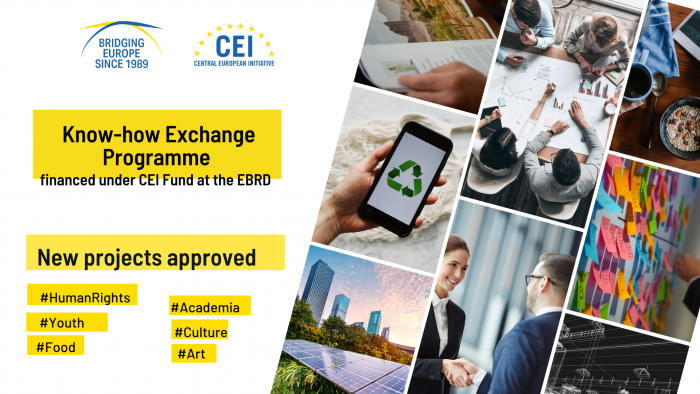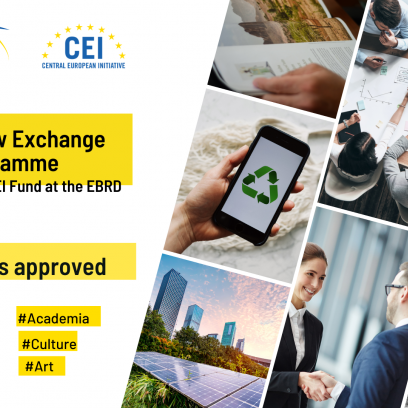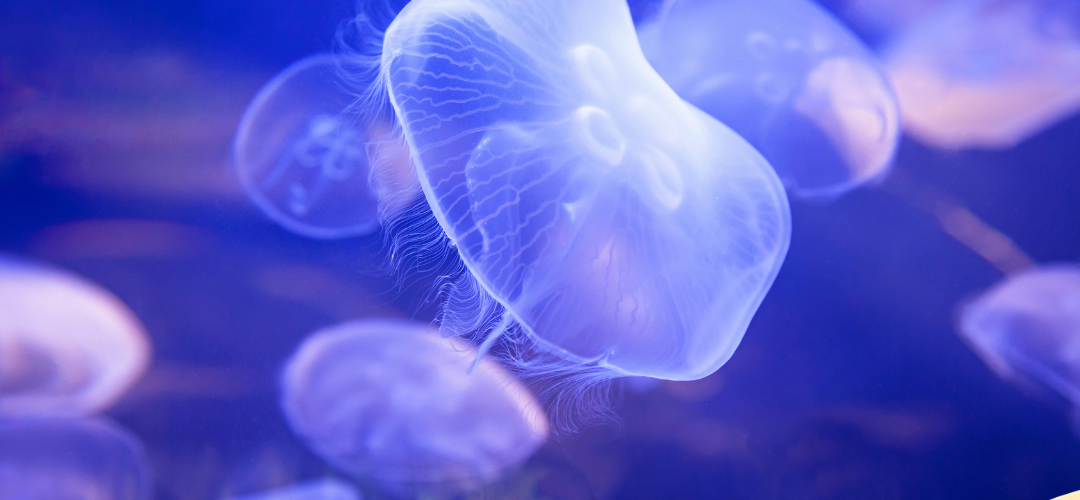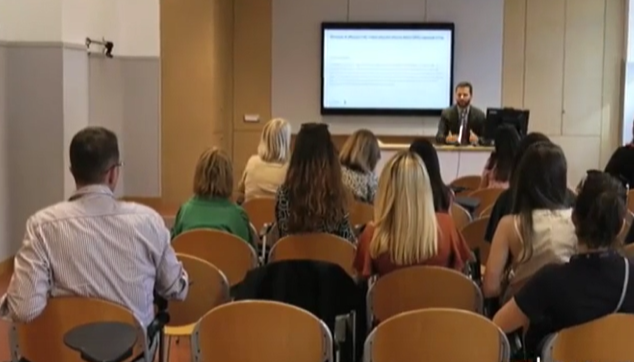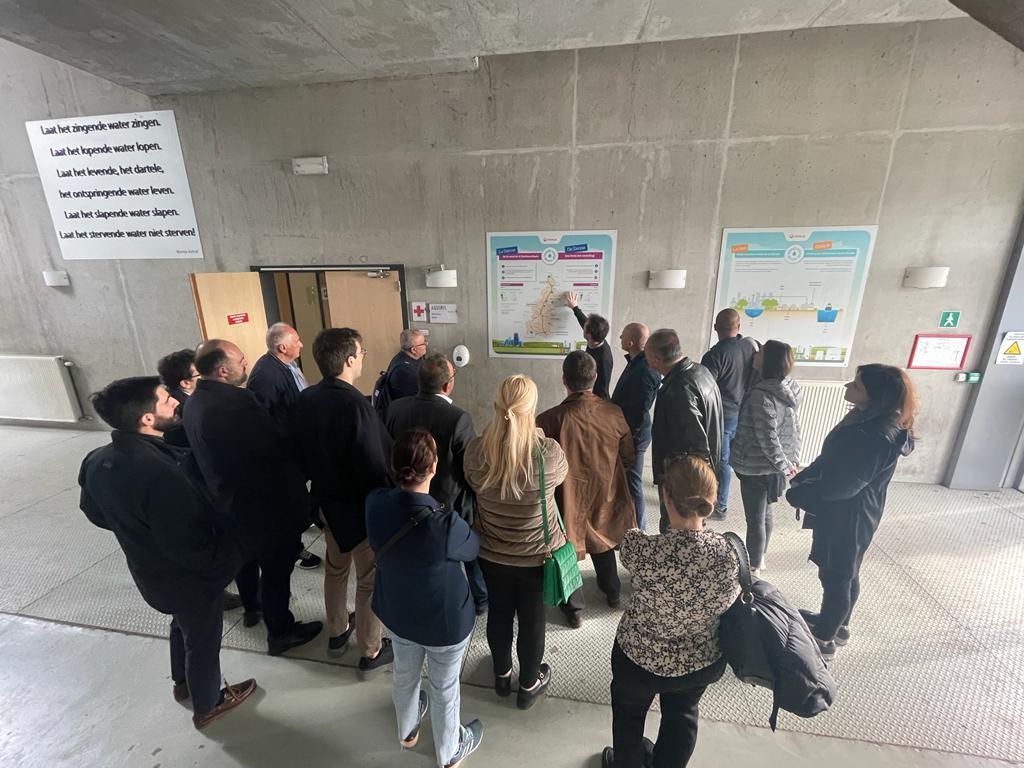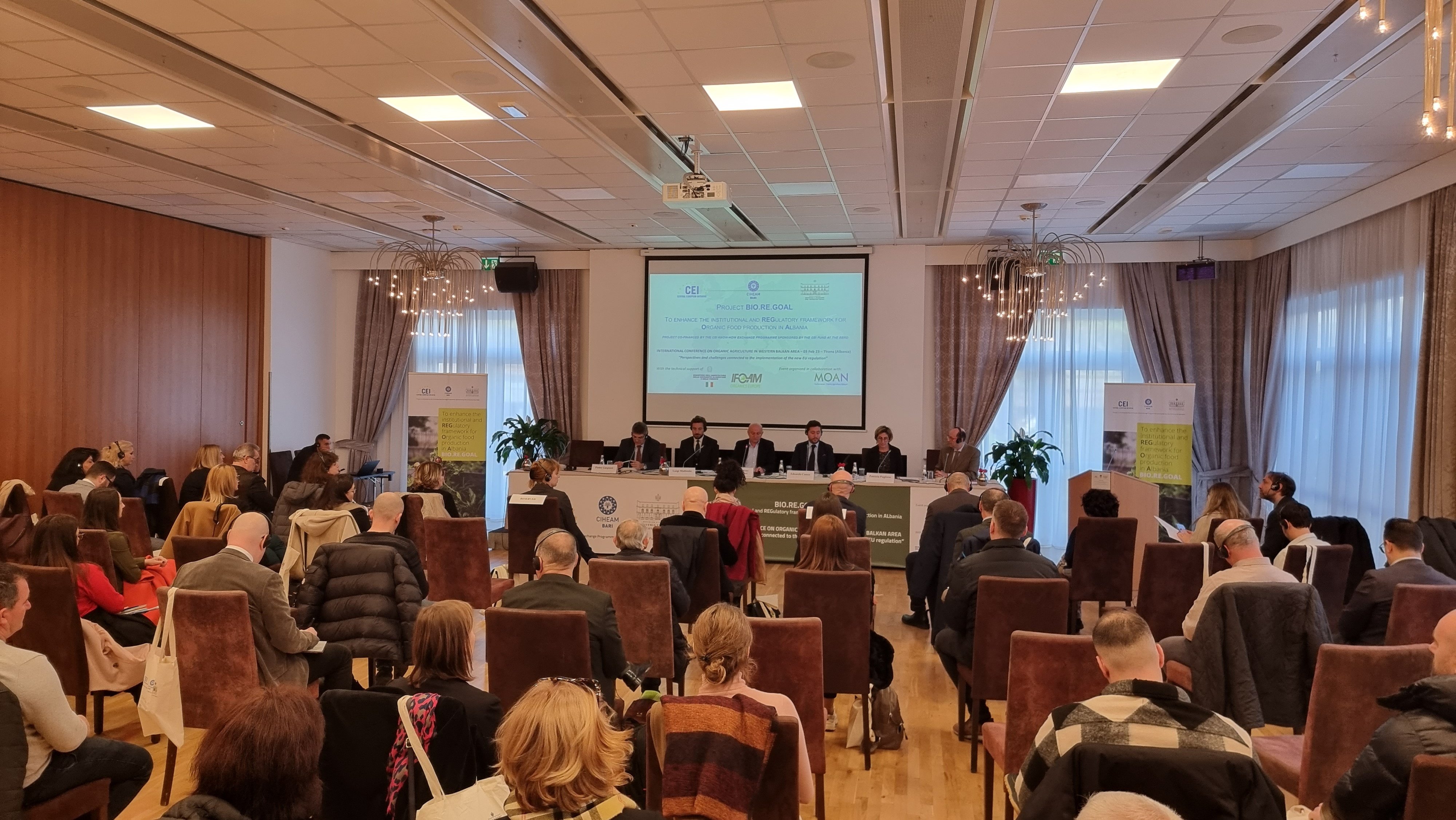7 projects under the Know-how Exchange Programmes (KEP) supported by the CEI Fund at the EBRD, financed by Italy were recently approved at the last Committee of National Coordinators Meeting. The projects amounting to around 200,000 EUR will bring together know-how providers and beneficiaries from 11 countries and will cover a broad range of areas pertaining to academia, human rights, cultural heritage, arts cooperation, food regulatory frameworks and youth cooperation.
The 18-month project “Bosnia and Herzegovina, the Constitution and EU Accession, An Academic Platform for Discussing the Options” - coordinated by the University of Milano – Bicocca in collaboration with the University of Trento and EURAC Research Bolzano - will partner with public universities in Bosnia and Herzegovina (BiH). The project will illustrate the reform options for the constitutional challenges posed by the EU accession and assess the specific impact on BiH as a federal and consociational system. Hence, the above central questions shall serve as a vantage point and substantial framework for a comprehensive debate.
The 9-month project FORKITS- FOod expeRtise and Know-how exchange on technology transfer between Italy and Serbia arises from the need to implement the guidelines defined within the local and European strategies and initiatives related to the agri-food sector. It will foster collaboration among the local ecosystem of the Veneto region and Serbia. The exchange of know-how is a crucial step to enhance the resilience of regional and local food systems leaving no one behind.
Owing to the increasing number of complaints from people with disabilities in Albania, the Commissioner for the Protection from Discrimination (CPD), the equality body, aims at increasing its institutional capacity. Through the 2-year project “Exchange programme on the Rights of Persons with Disabilities between Albanian and Croatian Institutions of human rights and anti-discrimination”, it will conduct monitoring and draft reports in the area of disability. Overall, the project seeks to increase institutions’ impact on equality and protection of human rights, through the promotion and cooperation with the Ombudsman for Persons with Disabilities of Croatia.
The 2-year project “Italy-North Macedonia knowledge exchange in conservation and innovative management of cultural heritage” was born from the common will to share and pursue the same strategic goals in terms of transnational cooperation and make their fulfillment monitorable during and after the project. The cooperation will strengthen the technical and management skills of professionals involved in cultural-heritage safeguard in the Republic of North Macedonia and boost their capacity to develop sustainable, efficient and holistic conservation strategies.
The 10-month project “MArteFund: developing cooperation in the creative sector in the Western Balkans through replication of an Italian expertise in project design and fundraising” originated from the premise that most cultural practitioners do not have access to funding opportunities due to a lack of technical capacities for responding to these demanding calls for proposals. In the MArteFund project, ProCult from Italy will transfer its consolidated knowledge in the field of project design and fundraising to directly benefit TuzlaLive (BA), ADP Zid (ME) and Kulturanova (RS). Seven other candidate organisations from the Western Balkans will participate through a call for manifestation of interest.
The 1-year project “To enhance the institutional and regulatory framework for organic food production in Albania” will encourage the alignment of the legal framework of organic food production in Albania with EU acquis and its implementation. The valorisation of agro-food products in terms of quality and healthiness represents one of the main priorities of the target area as part of Albania’s EU accession process, considering the high number of micro and small enterprises, the high level of fragmentation of the productive system, the weakness of the value chain and the low level of innovation.
“Bridging the Culture Gap, Novi Sad 2022 - 95th International Session of the European Youth Parliament” is the annual flagship project of the international European Youth Parliament network that has over 35 national branch organisations from different European countries that annually host over 500 events and 30.000 young participants. The mission of this project is to mobilise European youth to help bridge the deeply rooted cultural gaps. Under the theme “Bridging the Culture Gap”, the aim is to create an environment for positive development amongst European youth.
For more info: dovier@cei.int

